Team members
#[plugannuaireteam]EquipeC-1
Mouhand A, Nakatani K, Kono F, Hippo Y, Matsuo T, Barthe P, Peters J, Suenaga Y, Tamada T, Roumestand C, Biomol NMR Assign, 2024
Fiche JB, Schaeffer M, Houbron C, Elkhoury Youhanna C, Messina O, Barho F, Nollmann M, Methods Mol Biol, 2024
Arora N, Hazra JP, Roy S, Bhati GK, Gupta S, Yogendran KP, Chaudhuri A, Sagar A, Rakshit S, Nat Commun, 2024
Lacroix B, Vigneron S, Labbe JC, Pintard L, Lionne C, Labesse G, Castro A, Lorca T, EMBO J, 2024
Devos X, Fiche JB, Bardou M, Messina O, Houbron C, Gurgo J, Schaeffer M, Goetz M, Walter T, Mueller F, Nollmann M, Genome Biol, 2024
#[plugannuaireteam]EquipeC-1
Robert T, Vrielynck N, Mezard C, de Massy B, Grelon M, Semin Cell Dev Biol, 2016
Robert T, Nore A, Brun C, Maffre C, Crimi B, Bourbon HM, de Massy B, Science, 2016
Botrugno OA, Robert T, Vanoli F, Foiani M, Minucci S, Clin Cancer Res, 2012
Shubassi G, Robert T, Vanoli F, Minucci S, Foiani M, Cancer Res, 2012
Amongst the different proteins that mediate chromosomal structural changes, the SMC related complexes condensin are recognized as the universal organizer of chromosomes. Condensin complexes play roles in macroscale chromosome organization and they also contribute to various physiological processes including DNA recombination and repair in mitotic and meiotic cells. However, despite the importance of HR for the control of genomic stability during meiosis, this function of condensin in early meiosis I remains poorly studied. Thus, by developing different complementary approaches, we aim at characterizing the function of condensin in the regulation of early meiosis I events and in particular in the control of structural reorganization of the chromosomes and homologous recombination in the mouse.
Our first aim is to develop biochemical approaches to characterize in vitro the structure and function of the different condensin complexes involved in early prophase I meiotic events and to analyze their relationship with recombination protein factors. Our second aim is to characterize in vivo the role of these complexes during mouse meiosis. Genetic approaches, combined with genome wide and cytological approaches are used to address this question. Altogether these approaches are designed to get a comprehensive view of the role of condensin in meiotic prophase I.
Robert T, Vrielynck N, Mezard C, de Massy B, Grelon M, Semin Cell Dev Biol, 2016
Robert T, Nore A, Brun C, Maffre C, Crimi B, Bourbon HM, de Massy B, Science, 2016
Botrugno OA, Robert T, Vanoli F, Foiani M, Minucci S, Clin Cancer Res, 2012
Shubassi G, Robert T, Vanoli F, Minucci S, Foiani M, Cancer Res, 2012

Meiosis is a specialized cell division that is essential for sexual reproduction because it gives rise from one diploid cell to haploid cells which will form the gametes. It proceeds through one round of replication followed by two successive divisions, meiosis I and II. To segregate correctly at meiosis I, homologous chromosomes must associate. In most eukaryotes, the programmed formation of DNA double strand breaks (DSBs) and their repair by homologous recombination (HR) in prophase I mediate this association (figure A). Although DSBs are essential for chromosome segregation, it represents an important threat for the cells, which may cause chromosomal rearrangements if they are not properly repaired. Therefore, multiple layers of DSB formation and repair regulation are needed to preserve genome integrity during gametes formation and our team is interested in understanding these regulation processes using mouse as a model organism.
One crucial feature of meiotic HR is that it occurs in the context of an important structural reorganization of the chromosomes (figure B). Our goal is to characterize the function of new structural components in the meiotic chromosome reorganization and to elucidate their contribution in the regulation of DSB formation and HR. In particular, one of our main objectives is to decipher the function of the SMC related complex of condensin, describe as the universal organizer of chromosomes, in this reorganization and in the control of meiotic HR.
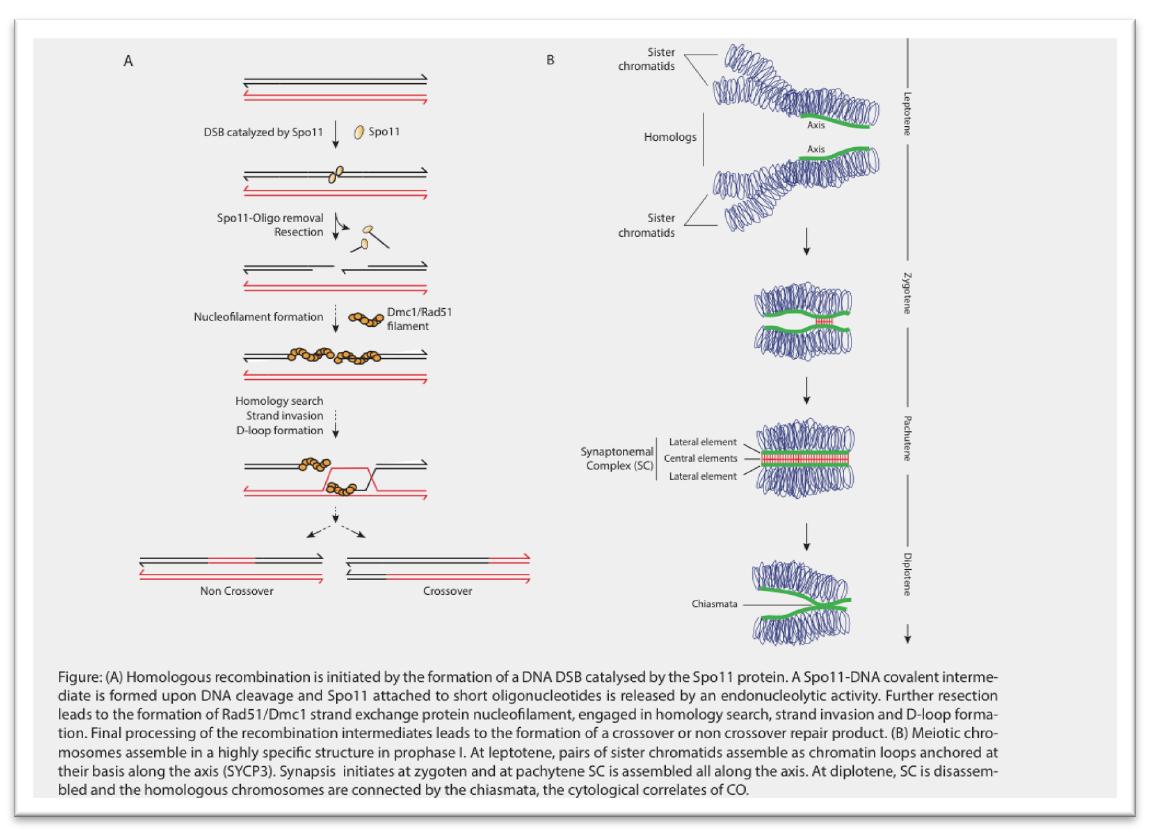

Robert T, Vrielynck N, Mezard C, de Massy B, Grelon M, Semin Cell Dev Biol, 2016
Robert T, Nore A, Brun C, Maffre C, Crimi B, Bourbon HM, de Massy B, Science, 2016
Botrugno OA, Robert T, Vanoli F, Foiani M, Minucci S, Clin Cancer Res, 2012
Shubassi G, Robert T, Vanoli F, Minucci S, Foiani M, Cancer Res, 2012
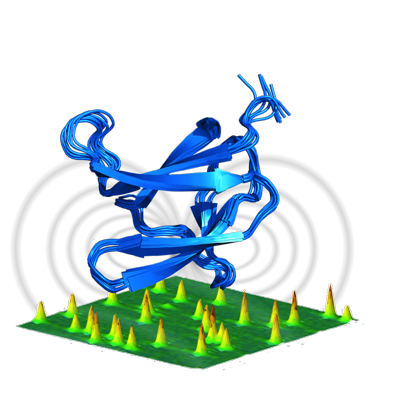
Christian Roumestand and Nathalie Declerck
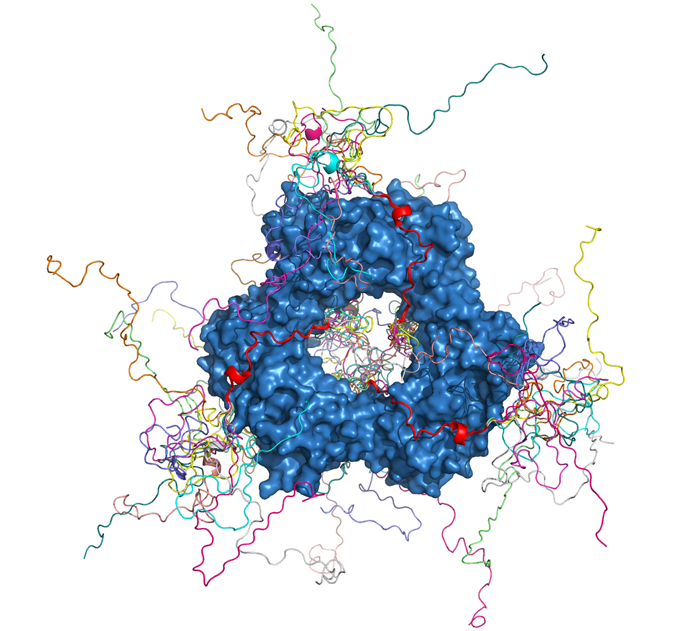
Pau Bernadó and Nathalie Sibille

Patrick Bron
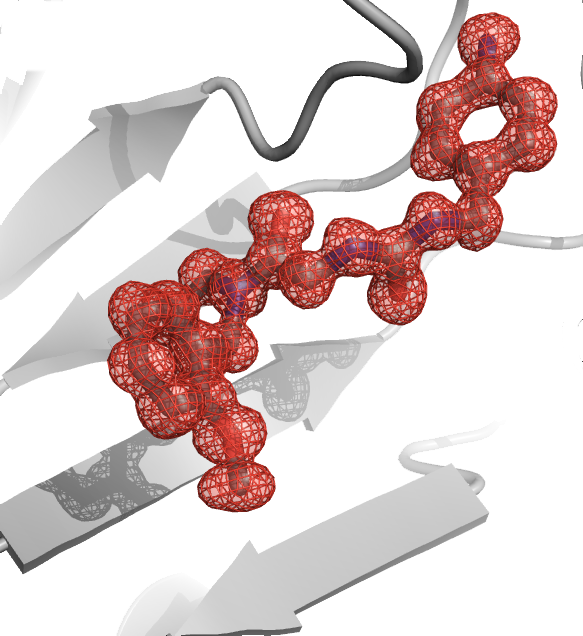
Gilles Labesse
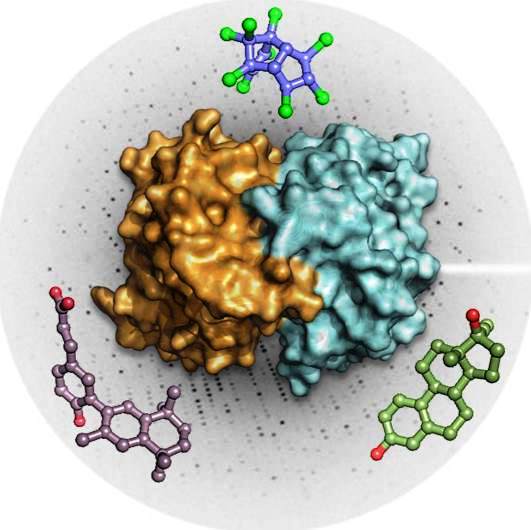
William Bourguet and Albane Le Maire

Alessandro Barducci
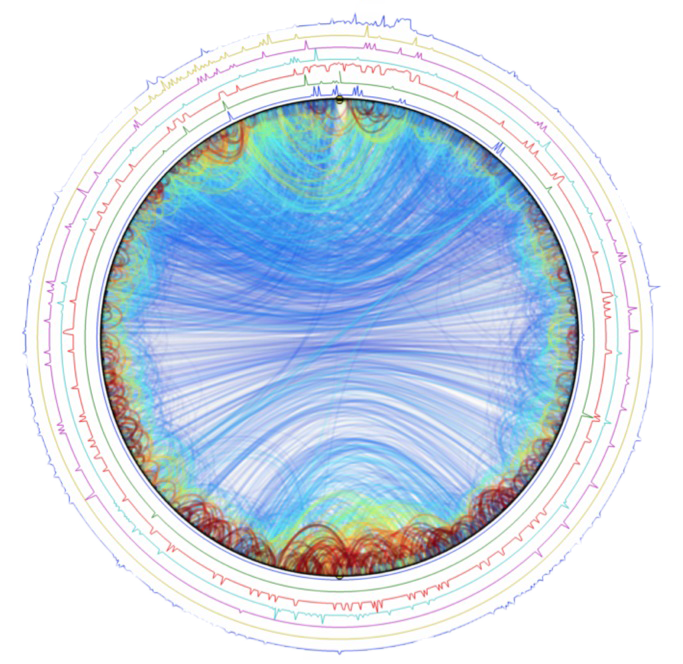
Marcelo Nollmann
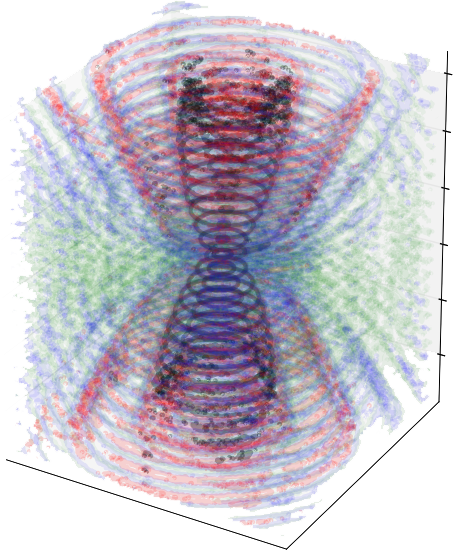
Manouk Abkarian and Francesco Pedaci
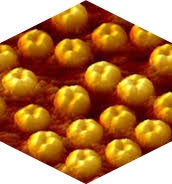
Pierre-Emmanuel Milhiet and Emmanuel Margeat
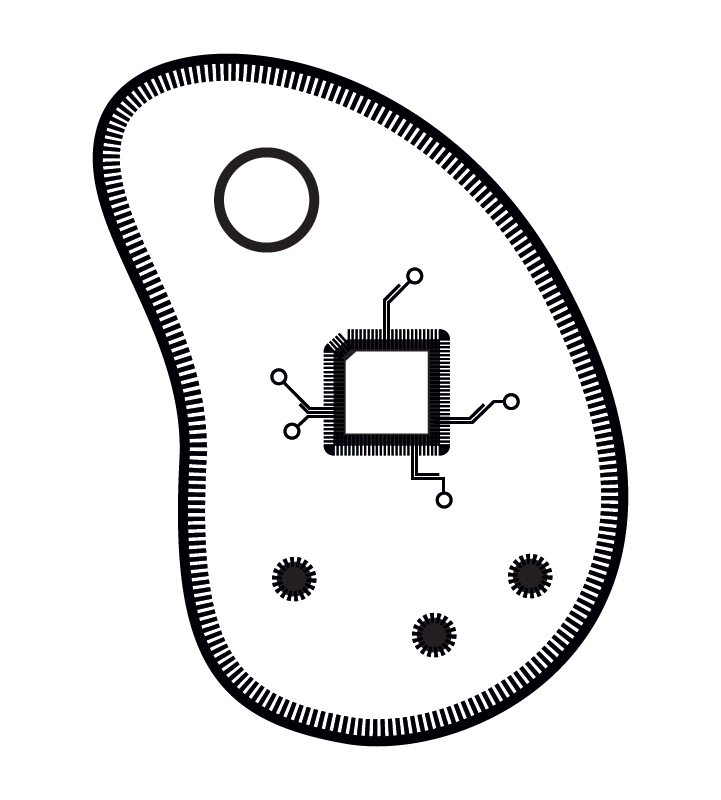
Jérôme Bonnet and Martin Cohen-Gonsaud

Alessandro Barducci

Thomas Robert
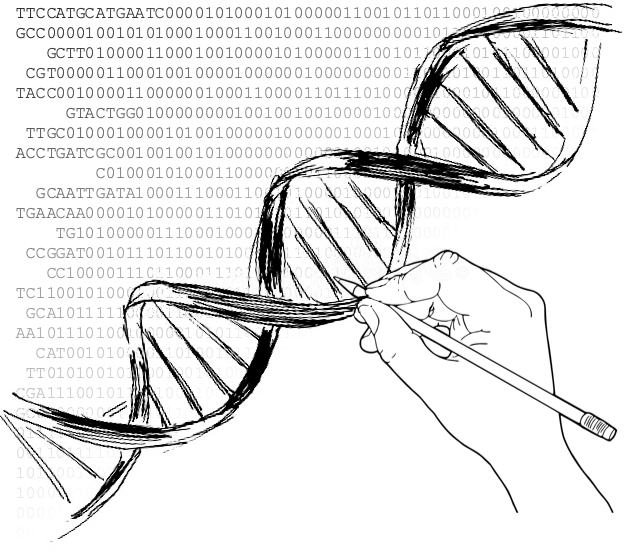
Guillaume Cambray
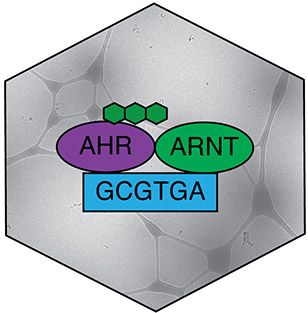
Jakub Gruszczyk